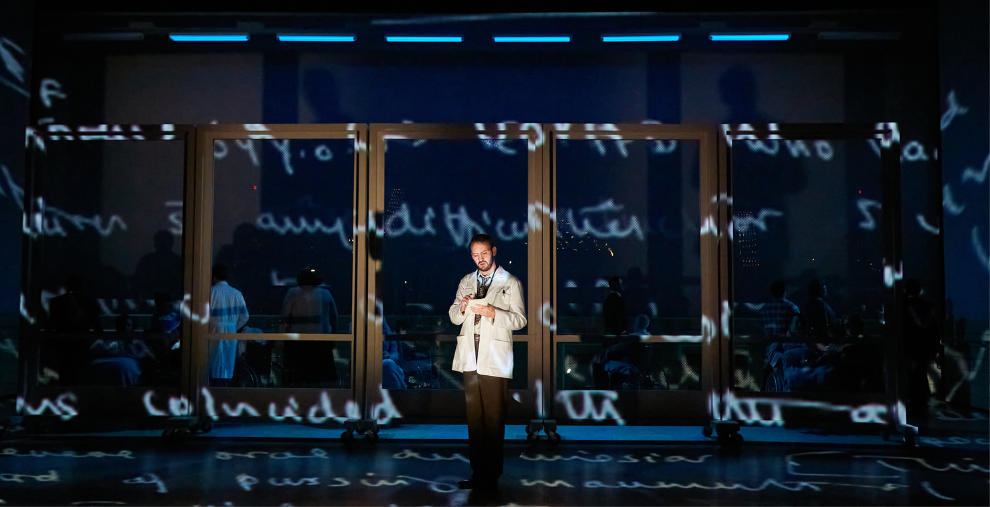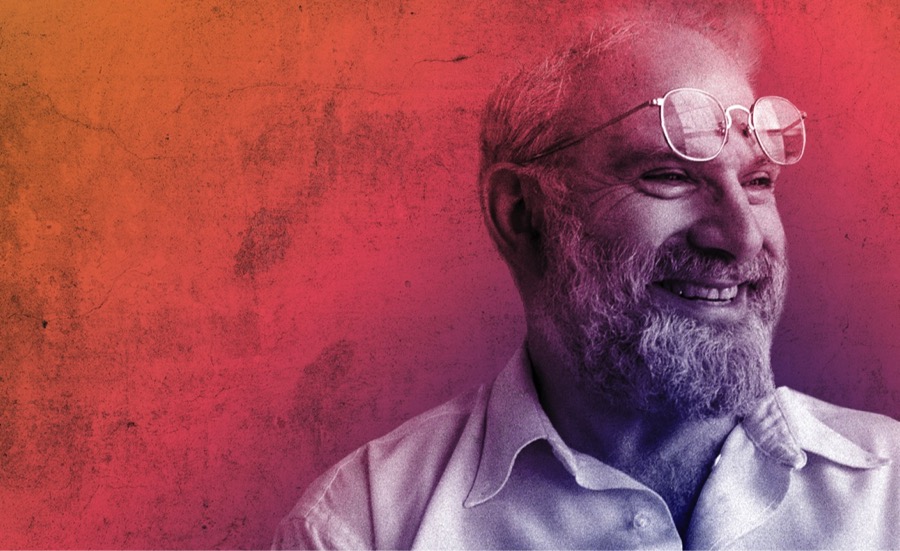Books By Oliver Sacks
Photo by Abi Inman
Photo by Abi Inman
Books by Oliver Sacks
Oliver Sacks is best known for his books of case histories such as The Man Who Mistook His Wife for a Hat, Musicophilia, An Anthropologist on Mars, and Awakenings. He investigated the world of Deaf people and sign language in Seeing Voices, a rare community of colorblind people in The Island of the Colorblind, and examined the visual brain in his books The Mind’s Eye and Hallucinations. He explored the many manifestations of migraines in Migraine, wrote about an unfortunate accident involving a bull in A Leg To Stand On, and published a spellbinding account of his trip to Mexico with a group of fern enthusiasts in Oaxaca Journal.
Dr. Sacks wrote two memoirs: Uncle Tungsten: Memories of a Chemical Boyhood and On the Move: A Life. He engaged with the most compelling and seminal ideas of human endeavor in The River of Consciousness, and reflected on what it means to live a good and worthwhile life in Gratitude. Everything in Its Place, a final volume of essays was published posthumously in 2019.
Browse the Oliver Sacks Collection

Letters
The letters of one of the greatest observers of the human species, revealing his passion for life and work, friendship and art, medicine and society, and the richness of his relationships with friends, family, and fellow intellectuals over the decades, collected here for the first time.

The Man Who Mistook His Wife for a Hat
Shortly before he died, Dr. Sacks wrote an essay looking back on his seminal 1985 book. It appeared for the first time as the preface to this paperback edition, published in 2021.

Musicophilia: Tales of Music and the Brain
In this New York Times bestseller—now revised and expanded for the paperback edition—Dr. Sacks investigates the power of music to move us, to heal and to haunt us.
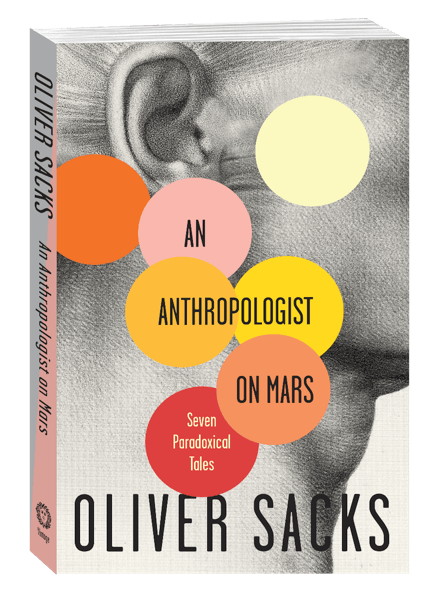
An Anthropologist on Mars
Seven paradoxical tales of patients adapting to neurological conditions including Asperger’s, Tourette’s, acquired colorblindness, and the restoration of vision after congenital blindness.

Everything In Its Place: First Loves and Last Tales
A final volume showcasing Dr. Sacks’s range of interests—from his passion for ferns and horsetails, to his final case histories exploring schizophrenia and dementia.
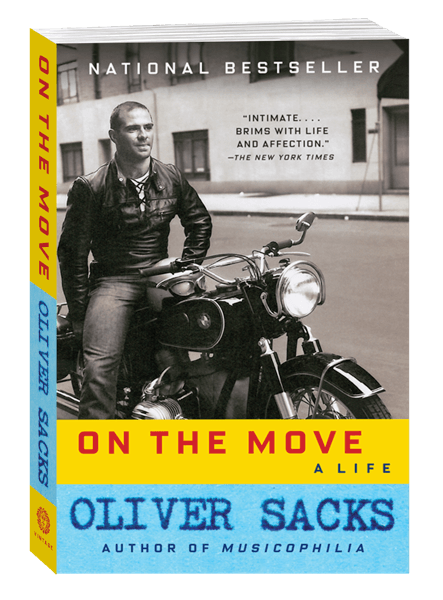
On The Move: A Life
In this tender and joyous memoir, Oliver Sacks shows us that the same energy that drives his physical passions—weightlifting and swimming—also drives his cerebral passions.
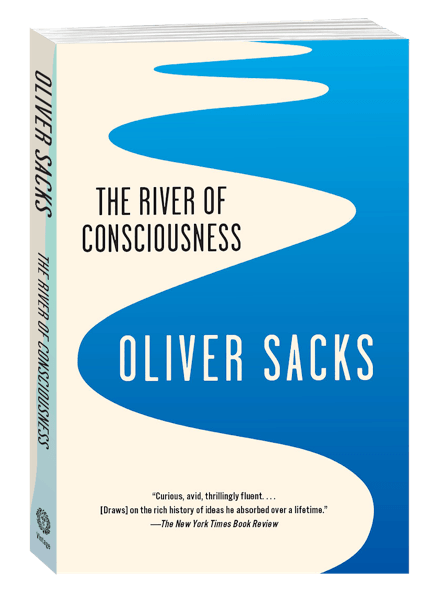
The River of Consciousness
A collection of essays that displays Dr. Sacks’s passionate engagement with the most compelling and seminal ideas of human endeavor: evolution, creativity, memory, time, and consciousness.
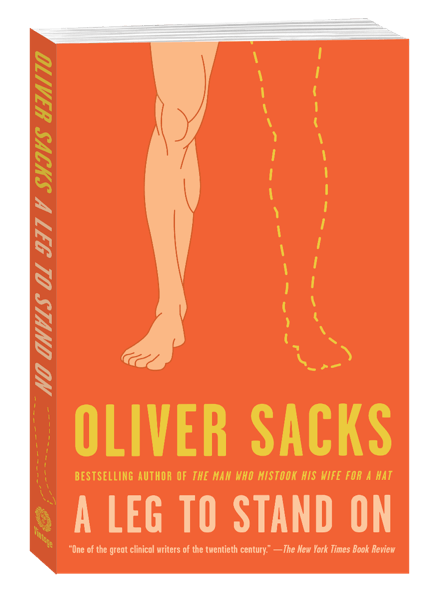
A Leg To Stand On
Here the doctor becomes a patient, as Sacks chronicles the mountaineering accident which left him with the uncanny feeling of being “legless,” raising profound questions of the physical basis of identity.

Awakenings
The classic account of survivors of the encephalitic lethargica and their return to the world after decades of “sleep.” This book was the inspiration for the 1990 film starring Robert De Niro and Robin Williams.
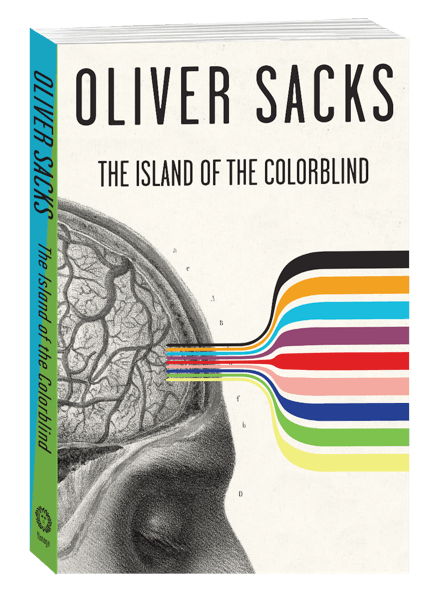
The Island of the Colorblind
An exploration of a society with congenital colorblindness, this book is a meditation on islands and the strange neurologic malady on Guam which resembles Parkinsonism and Alzheimer’s.
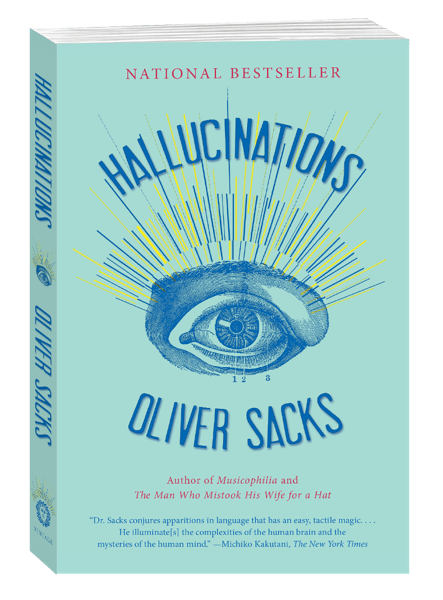
Hallucinations
Dr. Sacks’s weaves together stories of his patients and of his own mind-altering experiences with hallucinogenics to show how hallucinations have influenced every culture’s folklore and art.
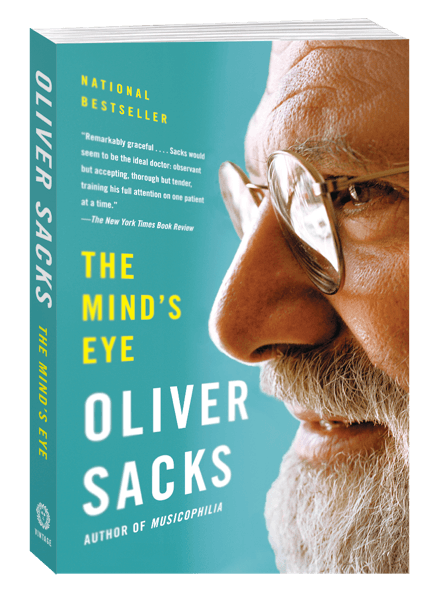
The Mind’s Eye
Sacks explores some of the most fundamental facets of human experience–how we see in three dimensions, and how we represent the world internally when our eyes are closed.

Oaxaca Journal
A trip to see ferns in Mexico with a group of fellow fern enthusiasts turns into a meditation on Mesoamerican civilization,chocolate, agriculture, mescal, and amateur naturalists.

Uncle Tungsten: Memories of a Chemical Boyhood
A memoir of growing up in World-War-II England as part of an extraordinary scientific family, as Sacks invokes his early fascination with light, matter and energy.
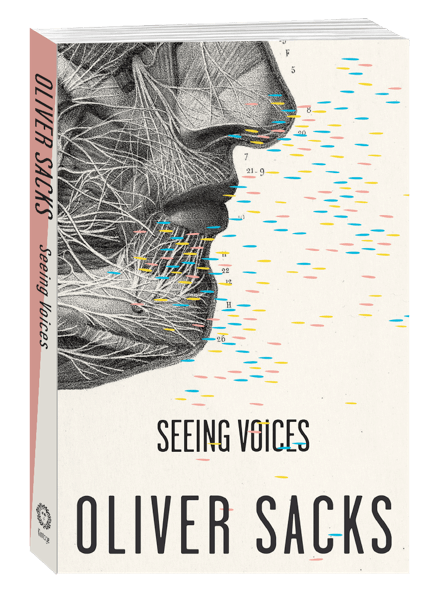
Seeing Voices
In Seeing Voices, Dr. Sacks launches a journey into the world of Deaf culture, and the neurological and social underpinnings of the remarkable visual language of the congenitally deaf.
Inspired by Oliver Sacks




